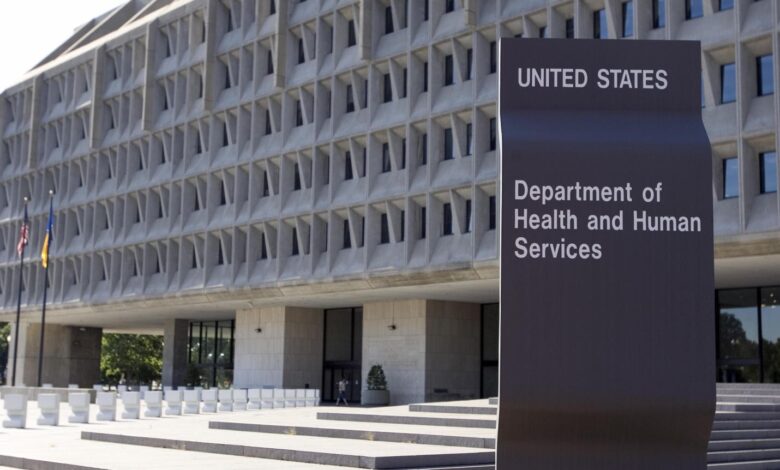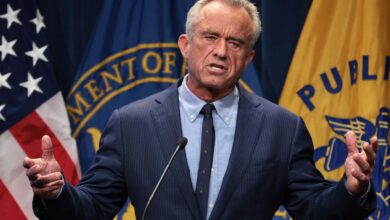How The Layoff Of 10,000 Health Workers From HHS Could Affect Your Health

The U.S. Department of Health and Human Services is currently undergoing a major restructuring effort that involves cutting 10,000 full-time jobs and shutting down several health agencies. This downsizing initiative is aimed at reducing spending and increasing government efficiency. However, the impact of these layoffs could have far-reaching consequences on the health and well-being of Americans.
One of the most significant areas affected by these layoffs is disease detection and response. The Center for Disease Control and Prevention (CDC) is set to lose 2,400 jobs, which will hamper its ability to effectively monitor and contain infectious diseases. With the recent outbreaks of diseases like bird flu and measles, having fewer employees at the CDC could make it even more challenging to control and prevent the spread of these diseases.
Additionally, the Food and Drug Administration (FDA) will see a reduction of 3,500 workers, which could lead to delays in the approval process for new drugs and inspections of food processing facilities. This could have serious implications for public health, as delays in drug approvals could impact the treatment of diseases like cancer, diabetes, and heart failure.
Furthermore, the National Institute of Health (NIH) is cutting 1,200 jobs, which could result in setbacks in public health research. With fewer resources and staff, research projects may be delayed or even abandoned, hindering scientific advancements and the development of new treatments for diseases.
The Center for Medicare and Medicaid Services (CMS) will also be affected by the layoffs, with 300 employees being let go. This could impact the assistance provided to Medicare, Medicaid, and Affordable Care Act beneficiaries, potentially causing delays in enrolling in health insurance plans and accessing essential healthcare services.
Overall, the massive layoffs at the Department of Health and Human Services signify a significant shift in the government’s approach to public health. While the intention may be to reduce costs and increase efficiency, the consequences of these staffing cuts could have detrimental effects on the health and well-being of millions of Americans. It is crucial for policymakers to consider the potential impact of these layoffs and ensure that essential public health services are not compromised.





